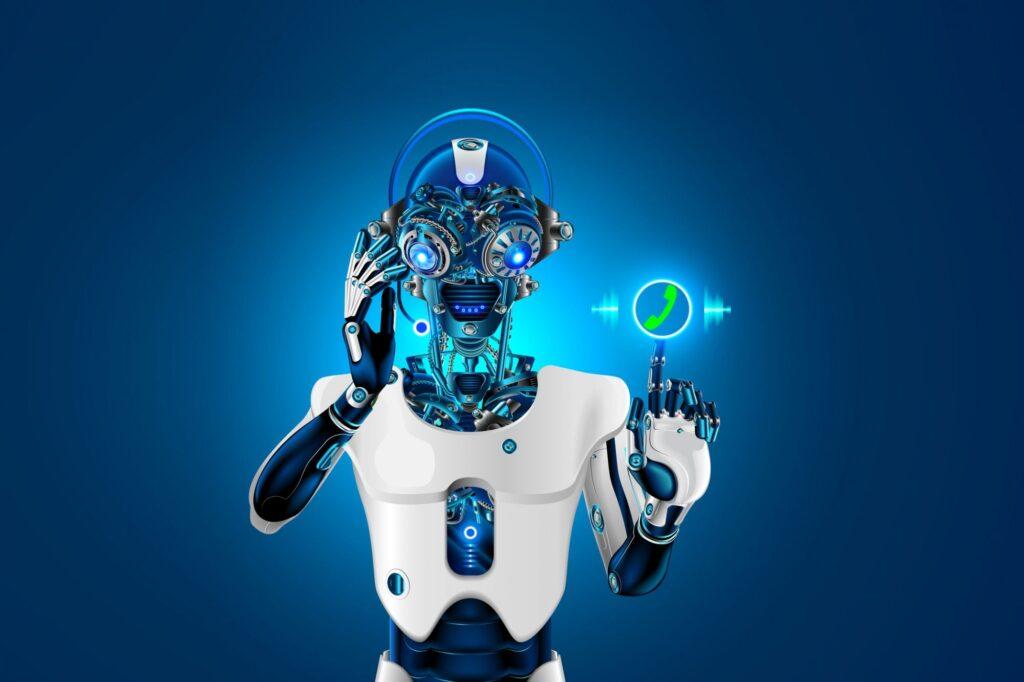Artificial intelligence (AI) has the potential to transform the future in numerous ways, from revolutionizing industries and improving efficiency to changing the way we live our everyday lives.

One of the key areas where AI is set to have a significant impact is in the field of healthcare. Machine learning algorithms can analyze large amounts of data, such as medical records and genetic information, to identify patterns and make predictions about diseases and treatments. This could lead to earlier diagnoses and more personalized treatments, improving patient outcomes and reducing healthcare costs.
AI is also expected to transform the transportation industry. Self-driving vehicles, which use AI to navigate roads and make decisions, are already being tested and could soon become a common sight on our roads. These vehicles have the potential to reduce accidents and improve traffic flow, making transportation safer and more efficient. In addition, the use of AI in logistics could lead to more efficient delivery systems, reducing waste and costs.

Another area where AI is expected to have a major impact is in the workplace. Many jobs, particularly those that involve repetitive tasks, are at risk of being automated by AI. While this could lead to increased efficiency and cost savings, it also raises concerns about job displacement and the need for workers to upskill in order to remain employable.
In the realm of education, AI has the potential to revolutionize how we learn. Intelligent tutoring systems, which use machine learning algorithms to adapt to the needs of individual students, could improve educational outcomes and make learning more personalized. In addition, AI could be used to grade assignments and provide feedback, freeing up teachers to focus on more important tasks such as developing lesson plans and providing one-on-one support to students.

AI could also have a significant impact on our leisure time. Virtual personal assistants, such as Apple’s Siri and Amazon’s Alexa, are already becoming common in homes and are expected to become even more advanced in the future. These assistants could help with tasks such as setting reminders, answering questions, and controlling smart home devices. In addition, the use of AI in entertainment, such as the creation of virtual reality experiences, could provide new and immersive ways to relax and have fun.

Overall, AI has the potential to transform the future in numerous ways and will likely touch every aspect of our lives. While the potential benefits are vast, it is important to consider the potential risks and ethical implications of AI and ensure that its development and deployment are responsible and beneficial for all.

